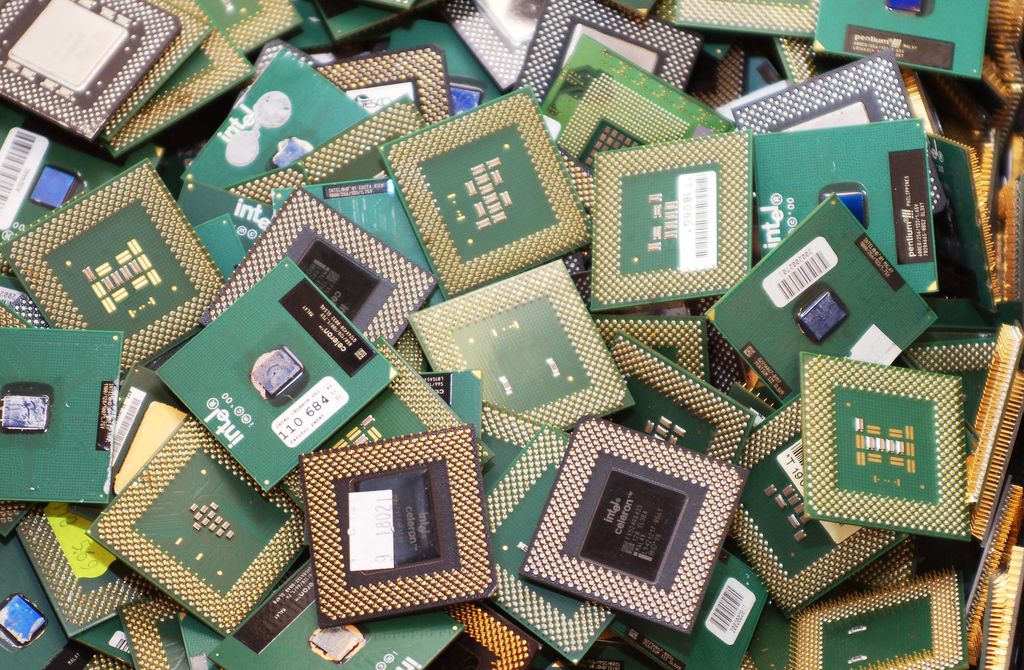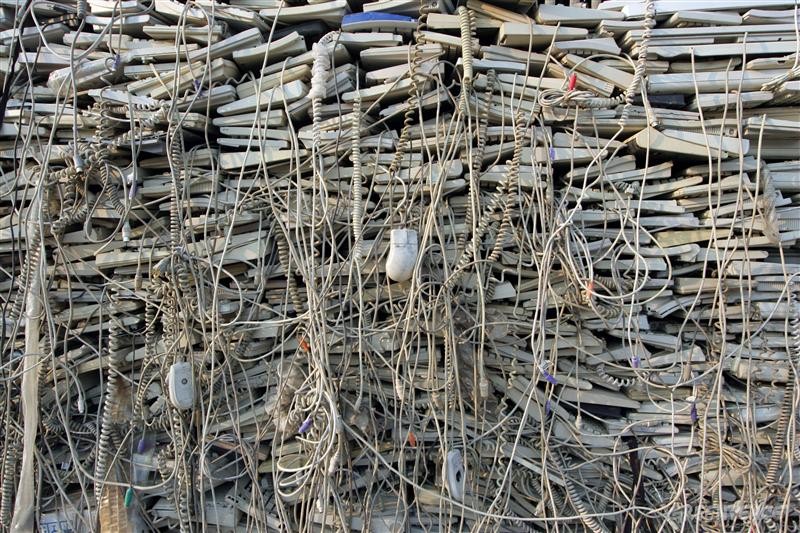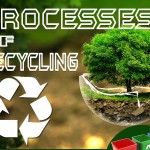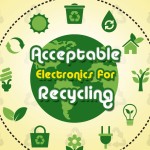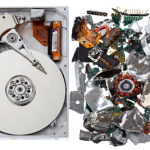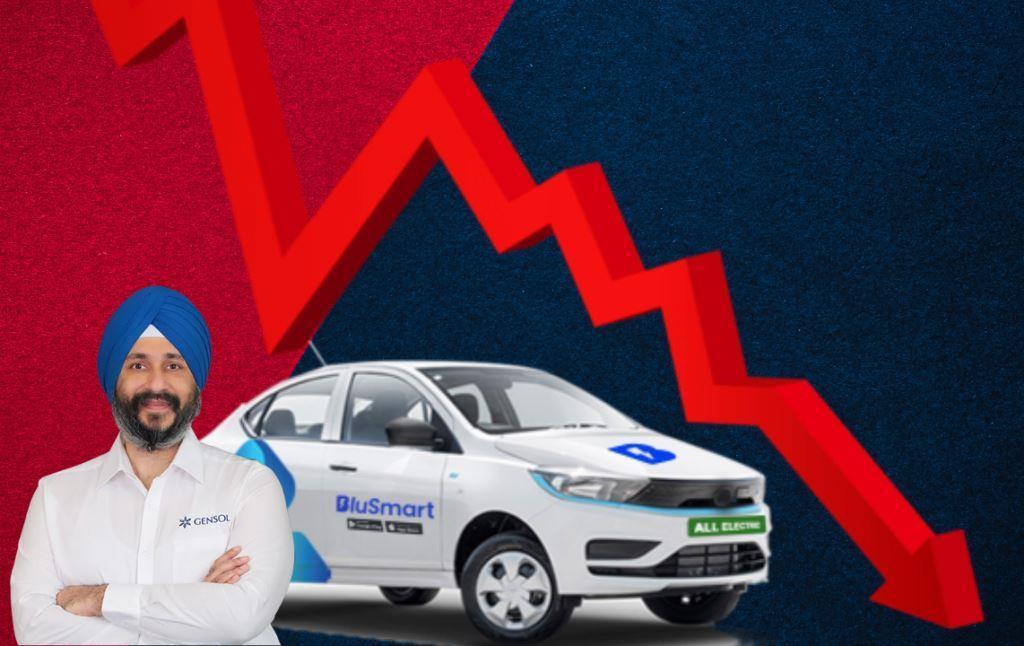Following the rules isn’t always easy or convenient, unfortunately. But when you’re trying to run a successful business that clients and consumers trust to be scrupulous, protecting your reputation and following the rules are key to long-term success—even when it comes to disposing of your outdated, broken, or unwanted electronics and servers, junk known as “e-waste”. While you might think that tossing out old IT equipment isn’t a big deal and couldn’t possibly come back to haunt you, the truth is that compliant e-waste recycling is a major issue and subject to many different regulations at both the state and federal level.
So what are the consequences of throwing out your electronics with the rest of the trash? Best case, you’ll be making more contributions to massive landfills. Worst case, you’ll face massive fines and cleanup costs, data breaches, cause environmental damage, and pose hazards to human health.
What many people don’t know is that the consequences of dumping e-waste aren’t just environmental—there are re-useable precious materials in many electronics, including heavy metals. Sometimes, e-waste is exported to poverty-stricken countries, where it is disassembled for re-use under dangerous, unregulated conditions. The only way to be certain this isn’t happening to your company’s e-waste is to control where your old electronics go when you’re done with them.
That’s not all. If your company protects sensitive data, you run the risk of literally anyone accessing that data once the equipment that contains this information is thrown away.
So that’s the scary stuff. Let’s move on to the rules of e-waste disposal so that hopefully you will never have to deal with those scenarios!
According to Leo Raudys of Riduvit.com, there are three main rules for recycling your old electronics:
Don’t Cut Corners
The cheapest option is almost never the best option when it comes to e-waste disposal. Remember, you need to be able to trust the company handling your old technology, and be sure they are responsibly and thoroughly covering all the necessary bases. Many cheap or free recycling programs seem adequate, but they may not have the certifications you’ll want or they may not put care into serving your company’s needs.
If you choose the company with the lowest rates, you may be not only putting yourself at risk for non-compliance, but you might also be missing out on an opportunity for salvaging value. Could your equipment be re-purposed? Even re-sold? Sometimes, companies have to go through frequent upgrades, but the equipment is still new enough to have value.
Create Clear Policies
Lots of companies don’t even consider e-waste disposal beyond the trash can, let alone make a formal plan to protect the sensitive data involved with the process and dispose of old electronics responsibly. If that’s your company’s current policy, then it’s time to change things.
Creating a formal policy and sticking to it are essential to the success of your recycling efforts. A written policy helps keep everyone accountable and emphasizes IT recycling as an important part of a company’s procedures.
Choose Your Recycling Company Wisely
Not all recycling companies are as knowledgeable and diligent as others—and the trustworthy companies are those who have taken the time to really understand the industry and regulations and get certified by R2 Solutions and/or e-Stewards.
Carol Baroudi at Arrow Value Recovery emphasizes this point in a recent blog post:
With IT asset disposition (ITAD), a great deal happens out of your direct oversight, and you need to know with a high level of confidence that what’s supposed to happen will happen. You need to trust your provider.
You can’t spend all your time keeping track of where you’re e-waste is going—that’s why these solutions exist: so companies can focus on doing what they do best. However, one of the hardest parts of setting up a recycling program is choosing a reliable recycling and asset recovery company to work in your best interests. This is especially true when it comes to data protection and destruction—you don’t want your client’s information falling into the wrong hands.
E-waste regulations are always changing, and while it’s difficult to keep up with the evolution of the industry, that’s exactly what a good IT recycling company does—keeps track of compliance issues so partnering companies don’t have to.
The Bottom Line
The good news? You don’t have to do the heavy lifting yourself. Companies with extensive experience in recycling, asset recovery, and the latest in e-waste regulations can help you create a unique disposal solution that works for your company—without the hassle.
Think about it. What steps are you currently taking to dispose of e-waste? Chances are, you could improve your process and make your company a more environmentally and community-conscious organization—and it doesn’t have to be a headache if you find the right company to work with.
Do visit www.ICTCompliance.com for more information on IT waste recycling and asset disposition.







